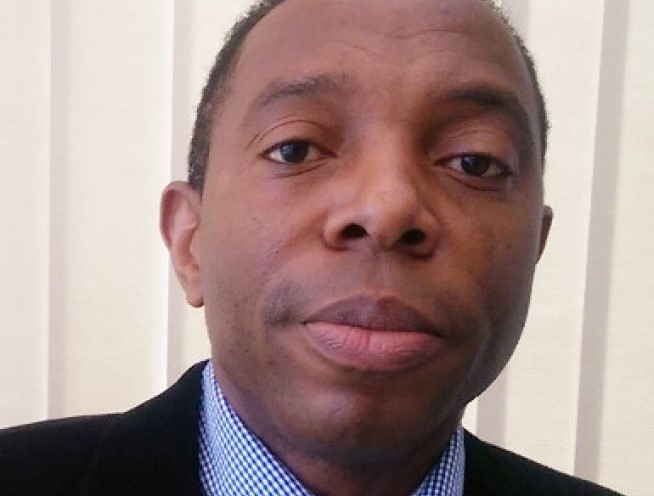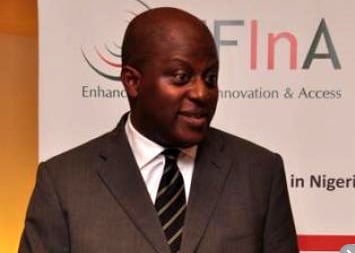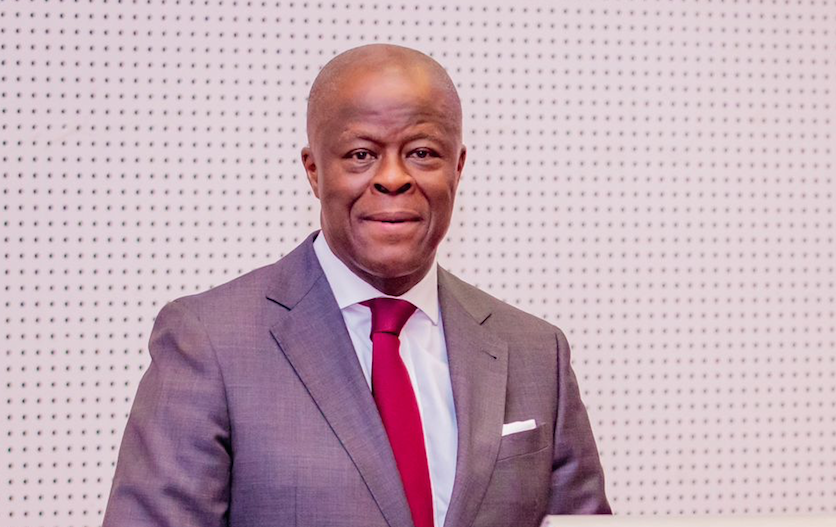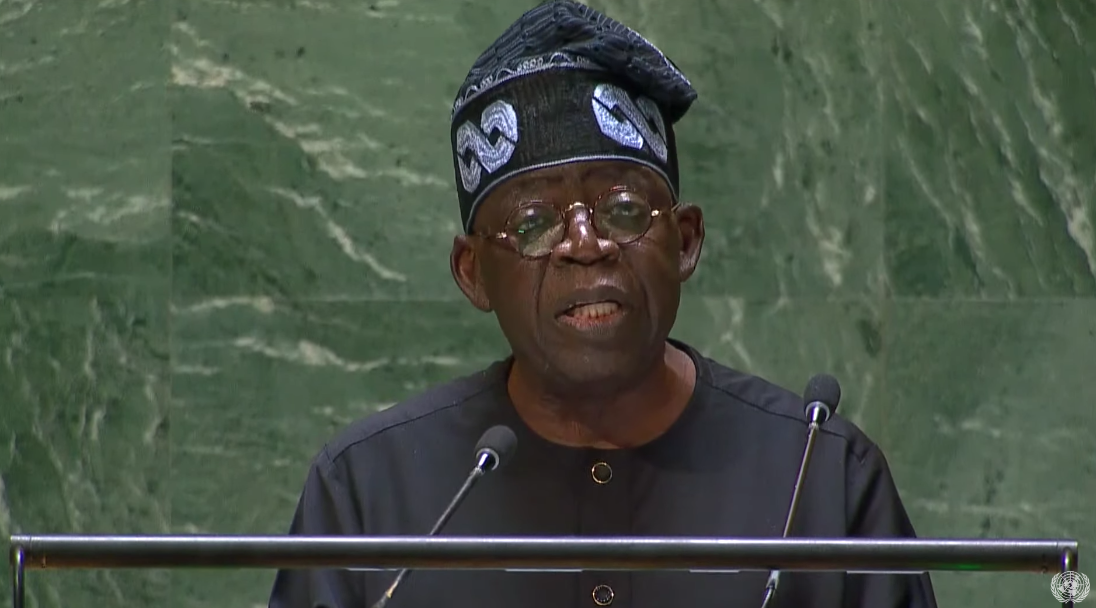Hippolite Amadi, professor of medical technology at Imo State University, has been named the winner of the 2023 Nigeria prize for science.
The award is sponsored by the Nigerian Liquefied Natural Gas Limited (NLNG).
The advisory board of the Nigeria prize for science announced Amadi as the winner at a press conference on Thursday.
Amadi received the award, worth $100,000, for his novel scientific work on respiratory technologies that keep newborn babies alive.
Advertisement
The innovations comprise a non-invasive neonatal ventilator, an oxygen delivery blender system, and an oxygen splitter system, all powered by solar energy.
The innovations have undergone testing in various Nigerian hospitals and have proven to be cost-effective, leading to significant reductions in neonatal care expenses.
According to a statement on Friday by Ajuri Ngelale, presidential spokesperson, President Bola Tinubu congratulated the professor on his award.
Advertisement
The president expressed delight that the Nigerian scientist’s innovations have already reduced neonatal care costs significantly.
“The President commends Professor Amadi for leveraging his extensive background in medical engineering and technology, with a special focus on affordable medical systems, for the betterment, progress, and benefit of Nigerians and humanity in general,” the statement reads.
“Furthermore, the President extends his gratitude to Nigeria LNG Limited for awarding Professor Amadi the $100,000 Prize for pioneering the neonatal care innovation, emphasizing that this gesture aligns with the Nigerian government’s commitment to collaborate with the private sector and academia to achieve more successes in critical sectors of Nigeria’s economy, including healthcare, education, technology, and innovation.”
Tinubu said the “significant work by this great Nigerian scientist” would contribute to keeping more Nigerian children alive after birth.
Advertisement
Amadi is a visiting professor of medical engineering and technology at Imperial College London, with a special interest in the development of affordable medical systems.
His career spans over three decades, cutting across engineering in healthcare, orthopaedics, and neonatology research.
Add a comment






